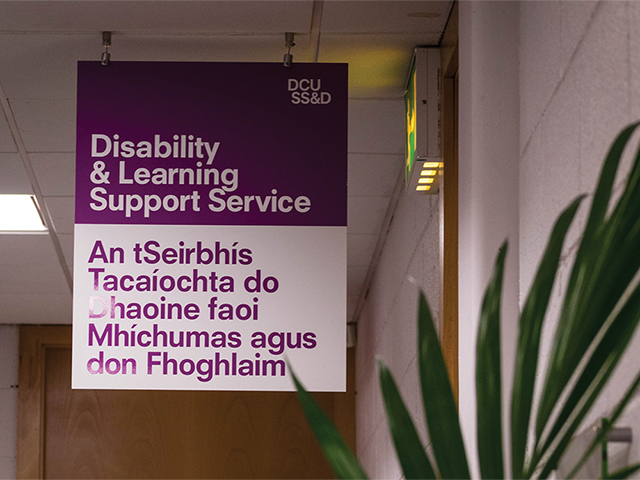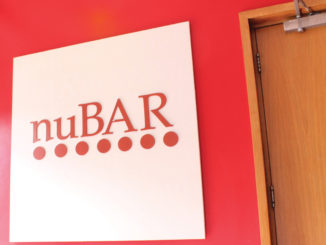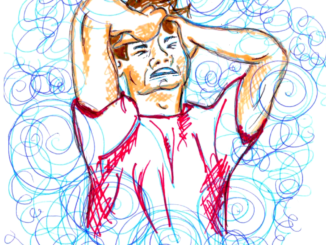
[dropcap]T[/dropcap]he number of students registered with DCU’s Disability & Learning Support Service has more than trebled in the last decade.
A recent review from the Higher Education Authority reported that the number of students with disabilities attending colleges in Ireland has increased significantly and is continuing to do so.
“I’m here eleven years and when I started there were 150 students registered with us, and today we’ve about 800,” explains Anne O’Connor, Head of Disability & Learning Support Service in DCU. “The number of students with mental disabilities and learning difficulties has changed and increased compared to then.”
O’Connor believes that an improved knowledge of mental disabilities and learning difficulties, such as dyslexia and dyspraxia, in Ireland has led to this increase in students.
“There are better diagnoses for young people in school than there was 10 years ago,” she says. “It means then there are students coming into us knowing what conditions they have and what support they might need.”
Another reason the number of students with disabilities in DCU are up is because of the Disability Access Route to Education, more commonly known as the DARE scheme. This scheme is for school leavers whose disability has had a negative impact on their second level education, and allows them to gain entry into third level institutions on reduced CAO points.
“DCU have actually been operating this route for ten years,” says O’Connor. “No question about it, that has definitely increased our numbers.”
Although O’Connor has not noticed a significant increase in students with physical disabilities attending DCU, she insists the support for them over the years has remained consistent. “Someone with a physical disability can have a personal assistant with them nine-to-six, or whatever their academic hours are, Monday to Friday,” she says.
Aoife McNicholl, a postgraduate student who has regularly availed of the Disability & Learning Support Service, believes that they have gone from “strength to strength” over the years and are more than helpful to those who need it.
“They’ve been very helpful in terms of organising height adjustable desks for my classes, arranging exam accommodations for me such as rest breaks and extra time and organising wheelchair accessible transport to and from DCU each week on a Friday and Sunday. They really made the transition to college a very smooth one for me,” she says.
DCU’s Disability & Learning Support Service operate a drop-in clinic on both Glasnevin and St. Patrick’s campuses for students who have physical or mental disabilities.
Michelle Townsend



